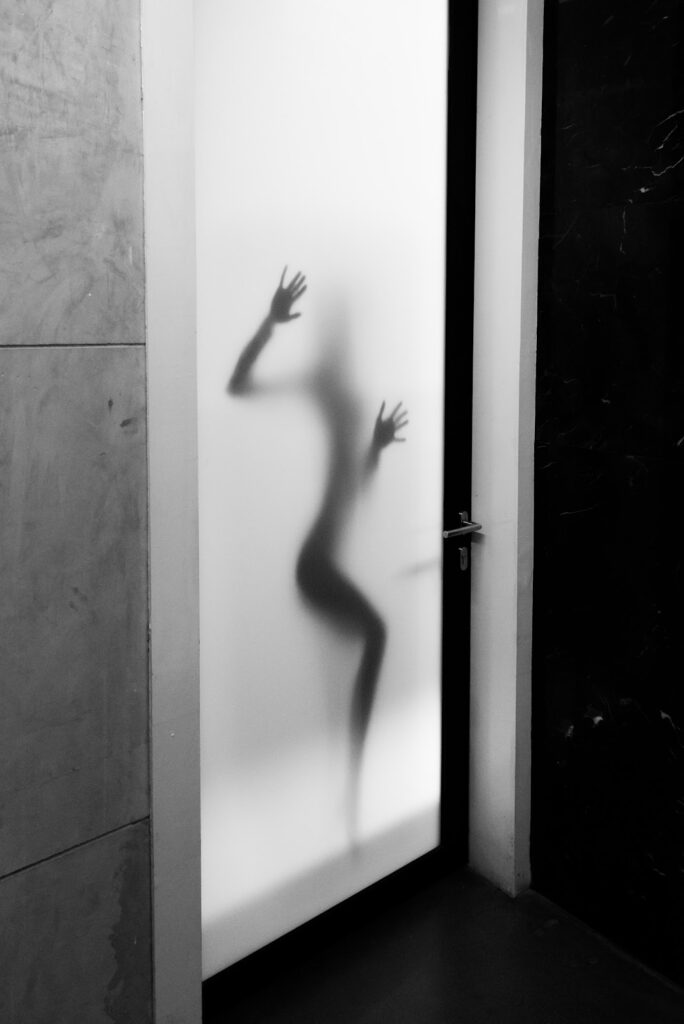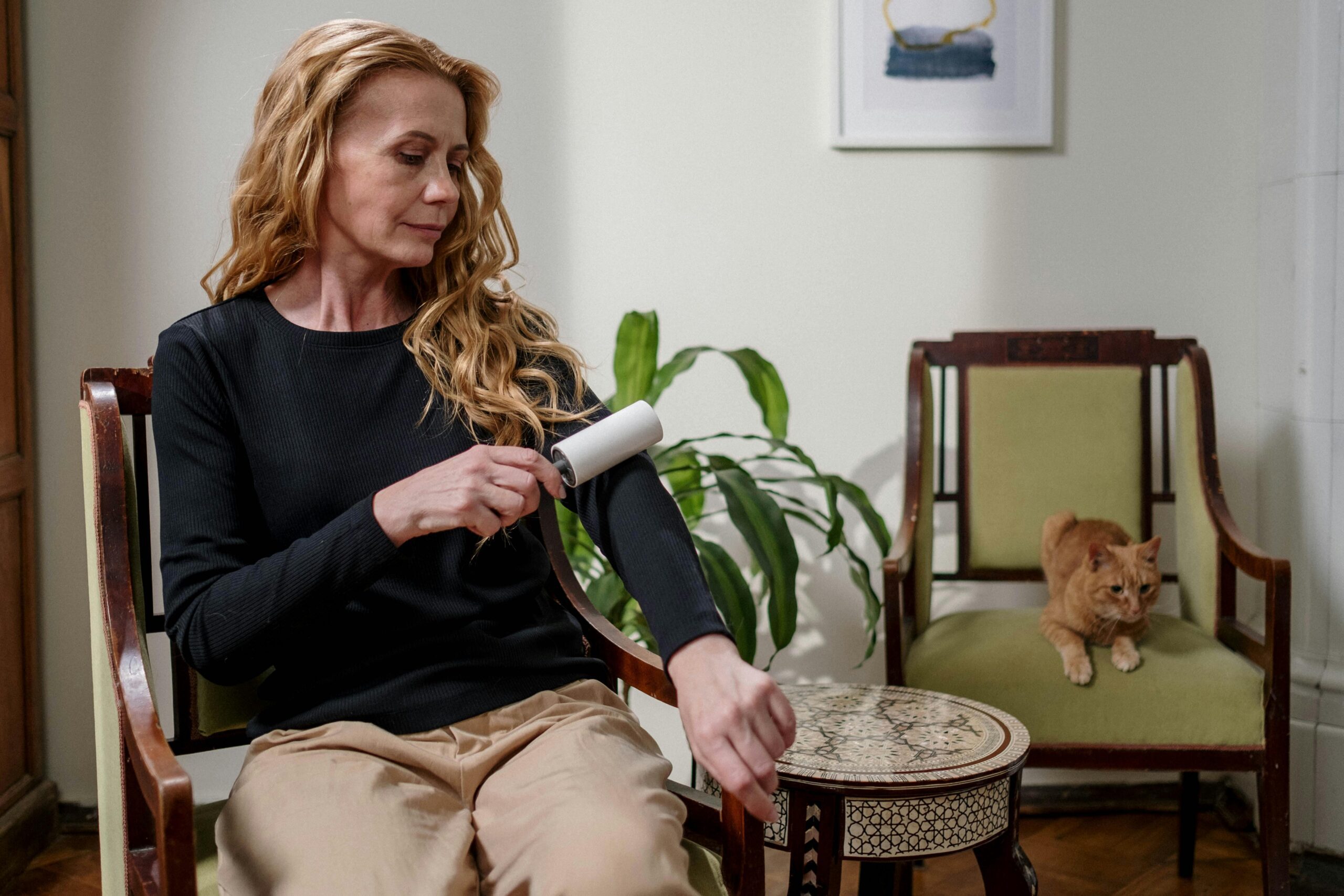Many people have heard of obsessive-compulsive disorder, or OCD. But did you know that there are several other mental health conditions that are closely related to OCD? Read on for an overview of the symptoms of OCD and similar disorders, as well as information about treatment and how to get help.
Wat is Obsessive-compulsive disorder (OCD)?
People with OCD experience obsessions and/or compulsions. Obsessions are essentially intrusive thoughts, or unwanted thoughts that pop into a person’s head. These thoughts are usually anxiety-provoking for those experiencing them. Because of this, people with obsessions try to ignore the thoughts or do things to make them go away–that’s where compulsions come in.
Compulsions are repetitive behaviors that are meant to reduce the anxiety caused by obsessions. People with OCD feel compelled to perform these behaviors, even though they don’t realistically relate to their obsessions. For example, a person may feel compelled to check the locks on the door to dispel intrusive thoughts about their mother dying.
While there are certain obsessions and compulsions that are stereotypically associated with OCD, the nature of these thoughts and behaviors can vary greatly from person to person. Check out other articles on this blog for more information about OCD specifically.
What is Body dysmorphic disorder?
Body dysmorphic disorder is one disorder that is related to OCD. People with this condition are consumed with negative thoughts about their physical appearance. However, the “flaws” perceived by the person with body dysmorphic disorder are barely, if at all, noticeable to others.

Additionally, the person continuously performs certain behaviors as a result of their obsessive thoughts. For example, they might constantly seek reassurance about their appearance or continuously check their body in the mirror.
It’s important to note that many people may have certain hang-ups about their body and perform the above behaviors from time to time. However, if these thoughts and behaviors take up so much mental energy that they interfere with a person’s ability to function, they may have body dysmorphic disorder.
What is Hoarding disorder?
As the name suggests, hoarding disorder is defined by difficulty getting rid of possessions, even if the items are not inherently valuable. People with hoarding disorder feel compelled to keep possessions and feel distraught at the thought of getting rid of them. This leads to accumulating so many items that living spaces become extremely cluttered. In order to be diagnosed with hoarding disorder, the hoarding behaviors must be so significant that they interfere with aspects of the person’s life.

What is Trichotillomania (hair-pulling disorder)?
Trichotillomania is an OCD-related disorder that involves pulling out one’s own hair to the extent that it results in hair loss. People with trichotillomania repeatedly try to stop hair-pulling, but find it extremely difficult to do so. While the hair-pulling is often centered around the scalp, people may also pull hairs from eyelashes, eyebrows, and other areas of the body.

Importantly, the hair pulling and associated symptoms must have significant negative impact on a person’s functioning in order for them to be diagnosed with trichotillomania. It’s also important to remember that hair pulling for cosmetic reasons (for example, plucking stray hairs around the eyebrows) is different from trichotillomania.
What is Excoriation (skin-picking) disorder?
Excoriation disorder, also known as skin-picking disorder, entails exactly that: chronic skin picking. The picking associated with excoriation disorder is so severe that it results in skin lesions and causes difficulty functioning in one or more areas of a person’s life. People with excoriation disorder make attempts to control their skin picking, but find it extremely difficult to do so.
Getting help
These conditions can leave people feeling helpless and out of control–but treatment can help! I offer virtual and in-person sessions to support you with OCD and its related disorders.
In our work together, we’ll utilize a type of therapy called exposure and response prevention, or ERP. This is the gold standard for treating these types of conditions. We’ll identify your triggers, confront them head on together, and come up with new ways of coping.
Ready to start feeling better? Reach out! I look forward to hearing from you.
Individual Online Therapy in Florida, Idaho, South Carolina, and Utah
At Calming Transformations Counseling, our therapists understand life can be hard and can affect our emotional and mental health. We also serve those with anxiety, stress, depression, or relationship issues, who may be religious. Sessions can be held through online therapy in the states of Florida, Idaho, South Carolina or Utah, or walk and talk therapy in Hillsborough County, Florida. Book an appointment or contact us today to schedule a session and take the first step toward a more peaceful life.
